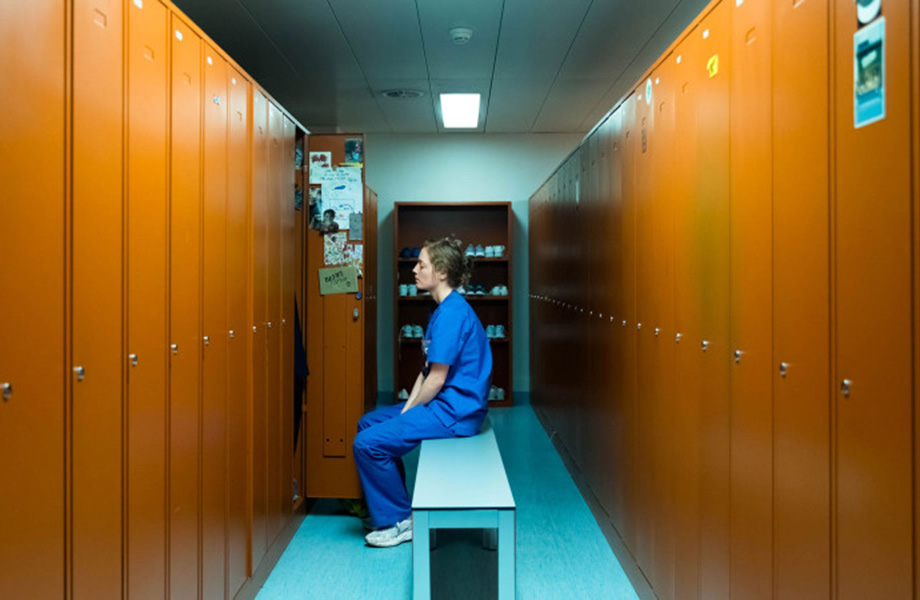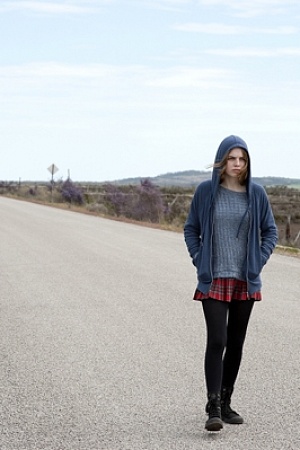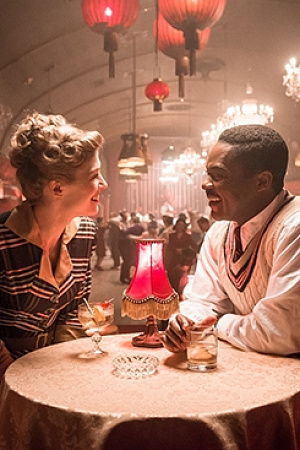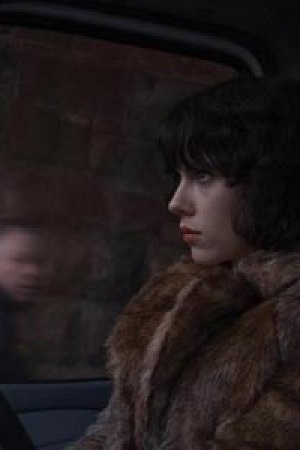Late Shift

Structured like a documentary but with the escalating tension of a tautly choreographed thriller, Late Shift follows one day in the working life of a nurse in a Swiss public hospital. Floria, expertly portrayed by Leonie Benesch, arrives at work mid-afternoon to discover that the third shift nurse has called in sick, leaving her and her colleague to tend to the two dozen patients on the ward with only the assistance of a student nurse.
Floria’s first patient is an unexpected and out-of-place admission, which throws her routine out of kilter before she has even begun. From that unpromising start, the entire shift becomes a series of tangents and detours, an accumulation of interruptions both minor and significant, trivial and mortal, by people who are frightened, angry, entitled, bewildered, overwhelmed, aggressive, and occasionally – very occasionally – reasonable and accommodating. Floria handles all this with kindness, competence, and a frankly astonishing professionalism, but the strain inevitably begins to tell.
Continue reading for only $10 per month. Subscribe and gain full access to Australian Book Review. Already a subscriber? Sign in. If you need assistance, feel free to contact us.










Leave a comment
If you are an ABR subscriber, you will need to sign in to post a comment.
If you have forgotten your sign in details, or if you receive an error message when trying to submit your comment, please email your comment (and the name of the article to which it relates) to ABR Comments. We will review your comment and, subject to approval, we will post it under your name.
Please note that all comments must be approved by ABR and comply with our Terms & Conditions.